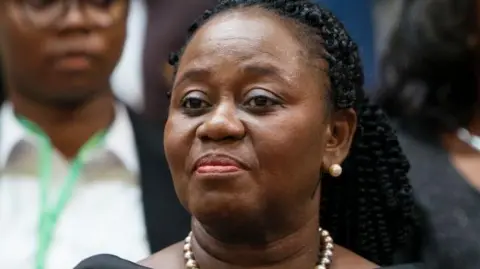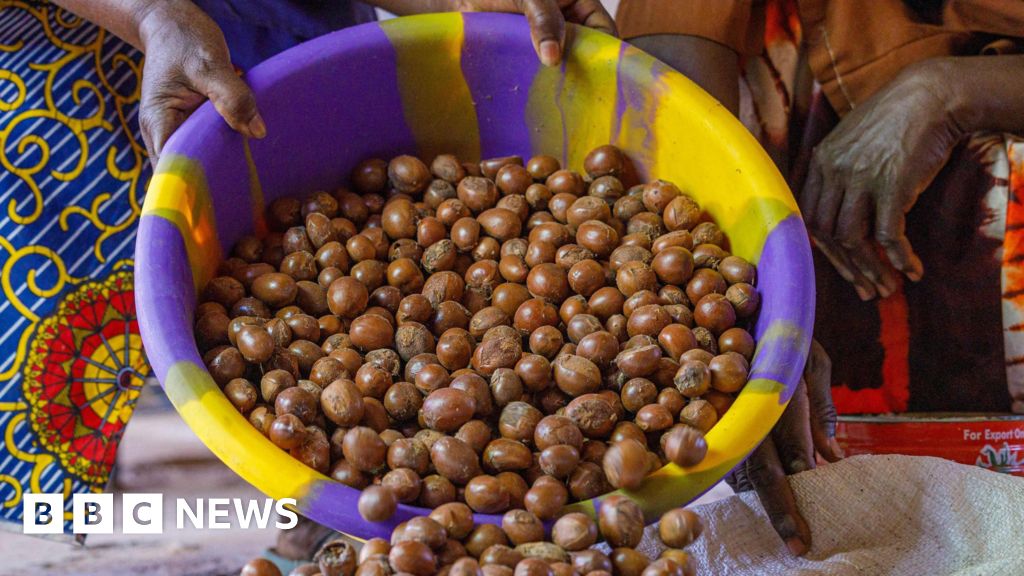The BBC sent an undercover operative into Aveo's facilities, where they filmed Vinod Sharma, one of the company's directors, expressing a blatant disregard for the dangers of their products. This alarming revelation comes amid rising concerns about opioid abuse across West Africa, where local communities are rallying to combat the drug crisis. In Tamale, Ghana, residents have formed a task force dedicated to raiding drug dealers and removing harmful opioids from the streets. With increasing availability and use of Aveo's tablets, authorities fear that this will lead to further deterioration of public health and safety.
In response to the investigation, the Indian drug regulator emphasized its commitment to ensuring responsible pharmaceutical practices and vowed to take action against malpractice. However, the ongoing challenges reveal a broader issue of drug regulation and the urgency in addressing the consequences of unlicensed medication exports. Despite efforts to curb this crisis, it remains clear that companies like Aveo are prioritizing profit over the health and wellbeing of individuals in West Africa. As the situation evolves, the global community must remain vigilant in addressing the complex factors contributing to the opioid epidemic.
In the battle against drug abuse, local advocates are taking direct action, burning seized drugs to send a clear message against trafficking. However, while these efforts may offer immediate relief, the source of the problem—manufacturers like Aveo—continues to thrive, raising critical questions about accountability in the pharmaceutical industry.
In response to the investigation, the Indian drug regulator emphasized its commitment to ensuring responsible pharmaceutical practices and vowed to take action against malpractice. However, the ongoing challenges reveal a broader issue of drug regulation and the urgency in addressing the consequences of unlicensed medication exports. Despite efforts to curb this crisis, it remains clear that companies like Aveo are prioritizing profit over the health and wellbeing of individuals in West Africa. As the situation evolves, the global community must remain vigilant in addressing the complex factors contributing to the opioid epidemic.
In the battle against drug abuse, local advocates are taking direct action, burning seized drugs to send a clear message against trafficking. However, while these efforts may offer immediate relief, the source of the problem—manufacturers like Aveo—continues to thrive, raising critical questions about accountability in the pharmaceutical industry.






















